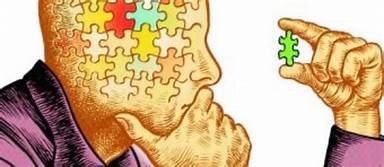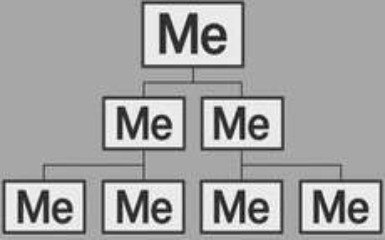Individuation is what Jung called becoming aware of all these entities (archetypes, shadow, anima/animus) in your psyche and incorporating them into your conscious life: “the process by which a person becomes a psychological ‘individual,’ … an indivisible unity or ‘whole.’ . . . We could therefore translate individuation as . . . ‘self-realization.’” (CW 7, par. 266) 
Part of what makes it hard for Western individuals to individuate is that it is common in the West for people to identify as only their public persona (ego) or what they believe they are. In fact, the unconscious parts of you define you just as much as the public or aware parts of you. When the individuation process is confused with identifying with the ego, one mistakes individuation for ego-centeredness.  Individuation demands incorporating parts of your psyche you don’t want to admit are there: the shadow. Also, knowing the archetypes that you are living out teaches you about your individuality and thus helps you individuate. As John Beebe says in the intro to The Essential Jung, “although human psyches, like human bodies, share a basic structure, the individual psyche is ‘an endlessly varied recombination of age-old components’.” Learning your specific recombination is individuation.
Individuation demands incorporating parts of your psyche you don’t want to admit are there: the shadow. Also, knowing the archetypes that you are living out teaches you about your individuality and thus helps you individuate. As John Beebe says in the intro to The Essential Jung, “although human psyches, like human bodies, share a basic structure, the individual psyche is ‘an endlessly varied recombination of age-old components’.” Learning your specific recombination is individuation. 
This self-actualization includes self-awareness. Once you know your shadow, you can be on guard for it erupting into your life or being projected onto others. Once you know what archetypes “rule” your thinking and behavior, you can be on guard against “playing the role” that an archetype expects of you and can instead make a rational judgement or decision.
Individuation involves recognizing and putting to use many Jungian concepts and processes.